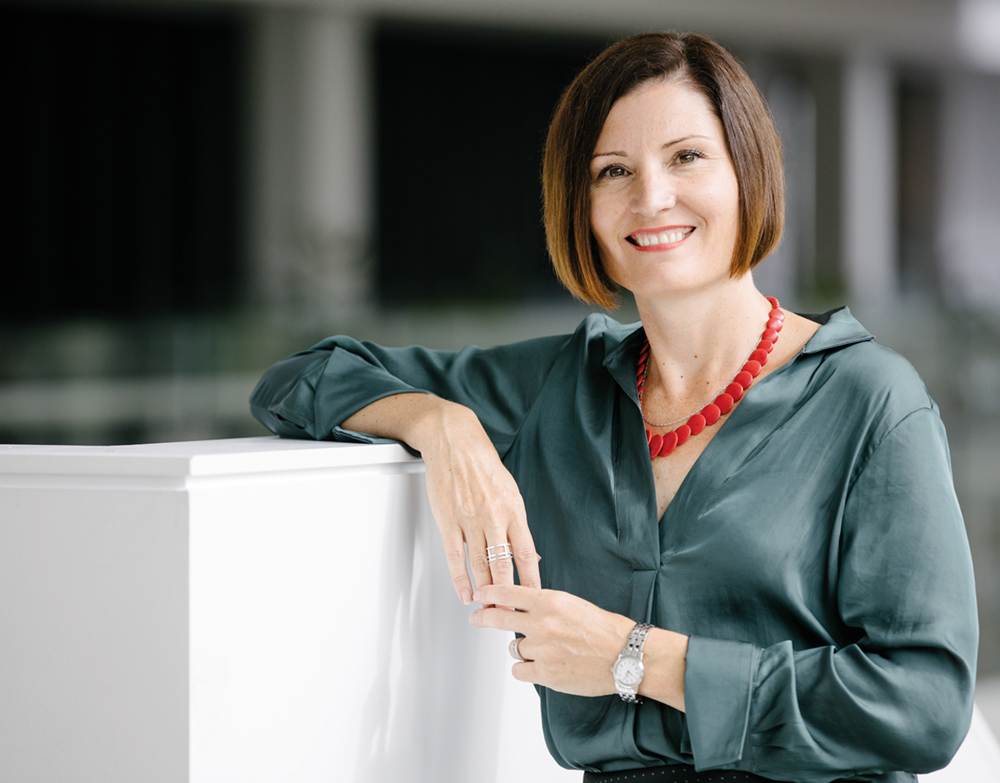
Domestic violence against women in Australia is a growing crisis. One in four women will experience domestic violence in this country during their lifetime, and an average of one woman a week is murdered at the hands of their partner.
Professor Sarah Wendt, Matthew Flinders Fellow and Professor in Social Work at Flinders University, can’t understand why there isn’t more urgency being shown to curb this disturbing situation – but she is leading research that strives to identify why men use violence against women and children.
Professor Wendt and her team have investigated the effectiveness of an innovative approach to therapy for men that enables behavioural and attitudinal change. It uses narratives and storytelling to engage with men on a rehabilitation journey – which the researchers have found to be a useful and effective tool.
The report – Engaging with men who use violence, by Professor Sarah Wendt, Dr Kate Seymour, Fiona Buchanan (PhD(Ng/Midwif) ’12), Chris Dolman (BSocWk(GradEntry) ’03) and Dr Natalie Greenland, produced with Australia’s National Research Organisation for Women’s Safety (ANROWS) and Uniting Communities – was released publicly at the end of 2019.
It was both a challenging and risky process for the researchers to ask such pointed questions about the origins of violent behaviour by its perpetrators, but Professor Wendt says working with such an experienced counselling agency as Uniting Communities, and with each man’s therapy practitioner, provided a safe and productive environment that gave piercing insights into violent behaviour.
‘All the interviewees volunteered to be a part of this research, so they had time to digest the purpose of the study and how to answer the questions, but it was still a difficult task for them to address the shame of what they had done, and for them to articulate the hurt and damage they had inflicted, says Professor Wendt.
The research interviews were very different to a counselling or therapy interview. ‘We are not there to challenge the men or their accounts,’ explains Professor Wendt.
‘We asked questions to generate a narrative that enabled men to think about their behavioural change. We later analysed the transcript with a therapist and found interesting moments of change occurring along a violent man’s journey.
‘The process builds a foundation for men to start articulating who they would like to be and how they would like to change – but stopping the use of violence is a long journey that takes a very long time.’
Due to the indeterminate length of time of each man’s journey of change, Professor Wendt emphasises that trying to qualify ‘success’ is a very contentious term in this space. Is it success if a man stops using physical violence against his partner, but continues to threaten and belittle her, controlling her every move? Is it success if the partner’s fear never goes away?
The report highlights complex, specific needs to address this problem, and Professor Wendt hopes agencies will see what this technique does to men over time. Ultimately, she hopes the report results in widespread influence over policy and practice.
Professor Wendt believes the widespread promotion and acceptance of this research study is a vital step towards addressing the largely unspoken social blight of violence in relationships.
‘We know that we are probably underestimating the extent of domestic and family violence, because so many women survivors are not prepared to report incidents,’ says Professor Wendt.
‘With the statistics so high, I can’t understand why there isn’t a panic about this in our society. It is a significant community problem that must be addressed – and the difficult questions about men’s use of violence need to be asked.’
Supporting the frontline
Professor Sarah Wendt has been researching domestic and family violence in Australia for over a decade and is now researching how to best support those working on the frontline of the growing domestic violence crisis. Read the full report of Engaging with men who use violence.

